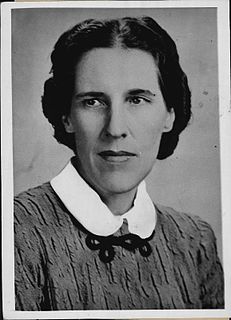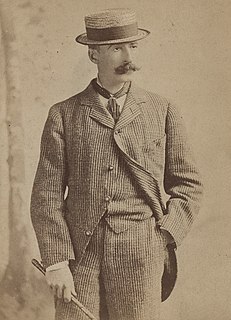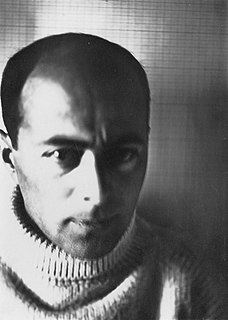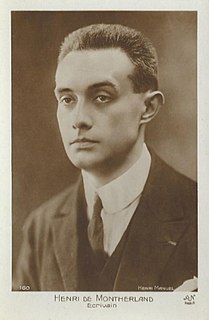A Quote by John Burroughs
In the printed page the only real things are the paper and the ink; the white spaces play the same part in aiding the eye to take in the meaning of the print as do the black letters.
Related Quotes
In a way, 'Sin City''s designed to be paced somewhere between an American comic book and Japanese manga. Working in black and white, I realized that the eye is less patient, and you have to make your point, and sometimes repeat it. Slowing things down is harder in black and white, because there isn't as much for the eye to enjoy.
In a way, 'Sin City's designed to be paced somewhere between an American comic book and Japanese manga. Working in black and white, I realized that the eye is less patient, and you have to make your point, and sometimes repeat it. Slowing things down is harder in black and white, because there isn't as much for the eye to enjoy.
I think the play offers (white Americans) a different way to look at black Americans For instance, in 'Fences' they see a garbageman, a person they don't really look at, although they see a garbageman every day. By looking at Troy's life, white people find out that the content of this black garbageman's life is affected by the same things- love, honor, beauty, betrayal, duty. Recognizing that these things are as much part of his life as theirs can affect how they think about and deal with black people in their lives.
Today, in 2011, if you go and buy a color laser printer from any major laser printer manufacturer and print a page, that page will end up having slight yellow dots printed on every single page in a pattern which makes the page unique to you and to your printer. This is happening to us today. And nobody seems to be making a fuss about it.
I've never seen a sincere white man, not when it comes to helping black people. Usually things like this are done by white people to benefit themselves. The white man's primary interest is not to elevate the thinking of black people, or to waken black people, or white people either. The white man is interested in the black man only to the extent that the black man is of use to him. The white man's interest is to make money, to exploit.
I am obsessed by the idea of silence. I went through an entire library studying art, artists and their critics, philosophers, too, on the meaning and significance of the color white. I dreamed of white birds and white bears. I thought about the white pages of my mother's journals. I became enthralled with John Cage and his work, 4'33”, his masterpiece of ambient sound. Rauschenberg, too. And then at some point I let go. What sticks to the soul is what gets placed on the page. Maybe that's the unknown part, the mystery, the power of the empty page.


































